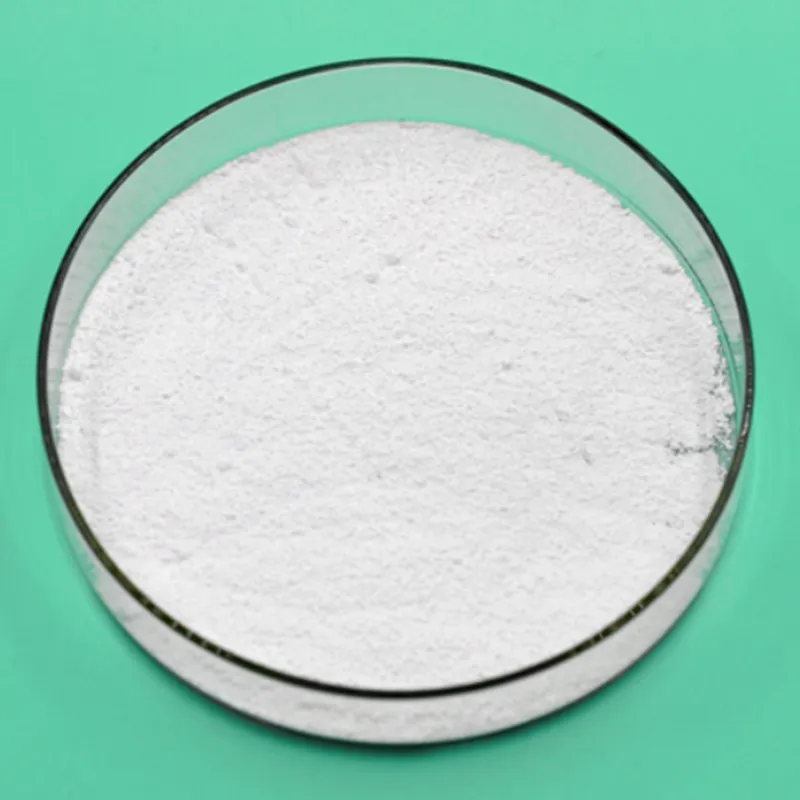
Exploring Nutritious Ingredients in Food Additives for a Healthier Diet
The Importance of Healthy Food Additives
In today's fast-paced world, the demand for convenient and tasty food products is ever-increasing. However, this surge in demand brings with it the necessity for food preservation and enhancement, leading to the use of food additives. While many people associate additives with unhealthy processed foods, it’s essential to understand that not all food additives are detrimental to our health. In fact, there are several healthy food additives that can significantly improve the nutritional profile of our meals.
Healthy food additives can be classified into various categories, such as preservatives, flavor enhancers, thickeners, and coloring agents. The core purpose of these additives is to maintain the integrity and quality of food while also providing nutritional benefits. For instance, natural preservatives like salt, vinegar, and citric acid are commonly used to inhibit the growth of harmful bacteria and mold in food products, extending their shelf life without compromising safety.
Moreover, certain food additives can enhance the nutritional value of products. A prime example is the addition of vitamins and minerals, such as vitamin D and calcium, to dairy products. This fortification process helps combat nutrient deficiencies in the population, particularly in regions where access to a balanced diet might be limited. Similarly, fiber is often added to cereals and bread to improve digestive health, making them a more beneficial choice for consumers seeking to boost their fiber intake.
Flavor enhancers, often misunderstood, can also contribute positively to our diets. Natural enhancers such as herbs and spices can elevate the taste of food without the need for excessive salt or sugar. Ingredients like garlic powder, turmeric, and even nutritional yeast are often added to dishes to create rich flavors while also providing health benefits such as anti-inflammatory properties or added protein content.
healthy food additives

Thickening agents, commonly found in soups and sauces, can also be classified under healthy food additives when sourced from natural ingredients. For example, blends made from arrowroot, cornstarch, or guar gum can help create creamy textures without the need for unhealthy fats or oils. These additives not only improve the texture but also provide dietary fiber, making them a healthier option compared to their synthetic counterparts.
Additionally, natural coloring agents derived from fruits, vegetables, and spices can enhance the visual appeal of foods while offering health benefits. For instance, beet juice can be used to give a vibrant color to various products, while also supplying antioxidants and nutrients. Natural colors can persuade consumers to opt for healthier choices without the worry of synthetic dyes, which can sometimes pose health risks.
It’s important to note that consumer awareness and understanding of food additives are crucial. Educating ourselves about which additives are beneficial and which should be avoided can empower us to make informed dietary choices. By preferring products with natural additives over synthetic ones, we can contribute to our health and well-being while still enjoying good food.
In summary, healthy food additives play a crucial role in our diets, providing not only preservation and flavor enhancement but also essential nutrients. As consumers, we should be more informed and selective about the products we choose, looking for those that incorporate beneficial additives. Ultimately, a balanced approach to food will ensure that we enjoy the flavors we love while also nourishing our bodies.
-
Pure Sodium Dichloroisocyanurate Dihydrate | Powerful DisinfectantNewsAug.29,2025
-
Industrial Chemicals: Quality & Purity for Every IndustryNewsAug.28,2025
-
Nitrile Rubber Honoring Strict Production StandardsNewsAug.22,2025
-
Aspartame Ingredients Honoring Food Safety ValuesNewsAug.22,2025
-
Fertilizer for Balanced Plant NutritionNewsAug.22,2025
-
Cyanide Gold Processing with High Purity AdditivesNewsAug.22,2025
-
Formic Acid in Textile Dyeing ApplicationsNewsAug.22,2025
Hebei Tenger Chemical Technology Co., Ltd. focuses on the chemical industry and is committed to the export service of chemical raw materials.
-

view more DiethanolisopropanolamineIn the ever-growing field of chemical solutions, diethanolisopropanolamine (DEIPA) stands out as a versatile and important compound. Due to its unique chemical structure and properties, DEIPA is of interest to various industries including construction, personal care, and agriculture. -

view more TriisopropanolamineTriisopropanolamine (TIPA) alkanol amine substance, is a kind of alcohol amine compound with amino and alcohol hydroxyl, and because of its molecules contains both amino and hydroxyl. -

view more Tetramethyl Thiuram DisulfideTetramethyl thiuram disulfide, also known as TMTD, is a white to light-yellow powder with a distinct sulfur-like odor. It is soluble in organic solvents such as benzene, acetone, and ethyl acetate, making it highly versatile for use in different formulations. TMTD is known for its excellent vulcanization acceleration properties, which makes it a key ingredient in the production of rubber products. Additionally, it acts as an effective fungicide and bactericide, making it valuable in agricultural applications. Its high purity and stability ensure consistent performance, making it a preferred choice for manufacturers across various industries.





